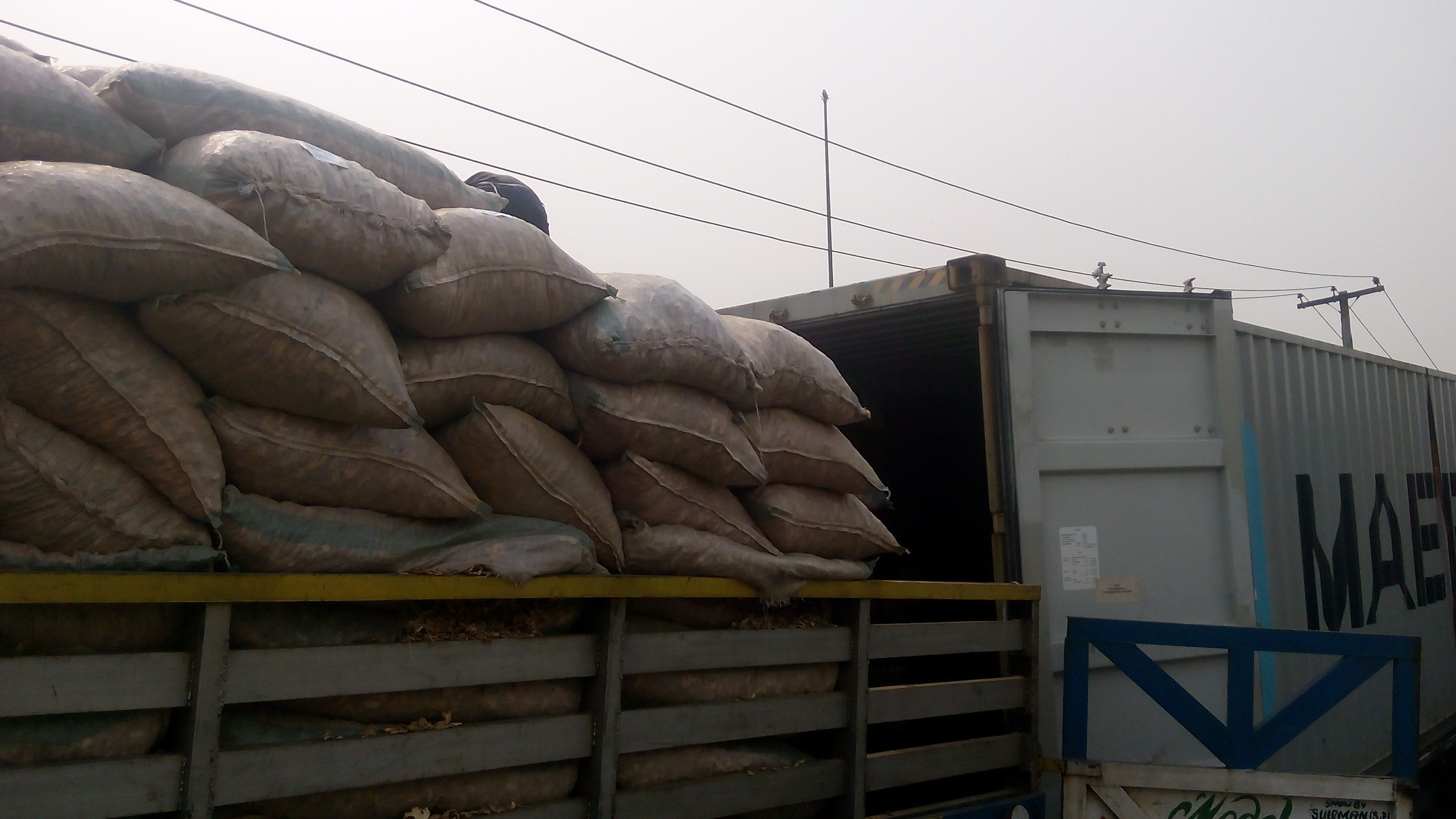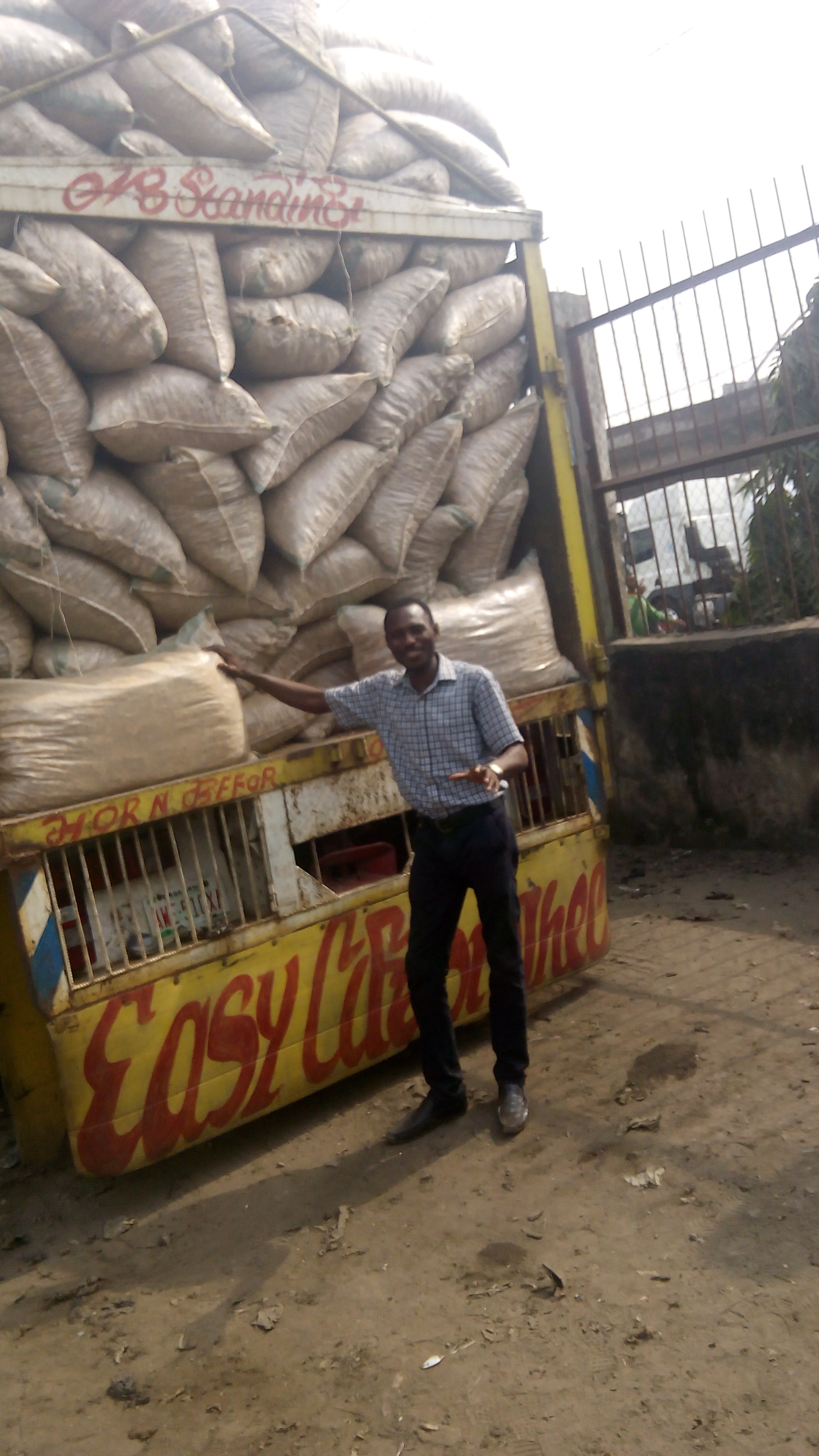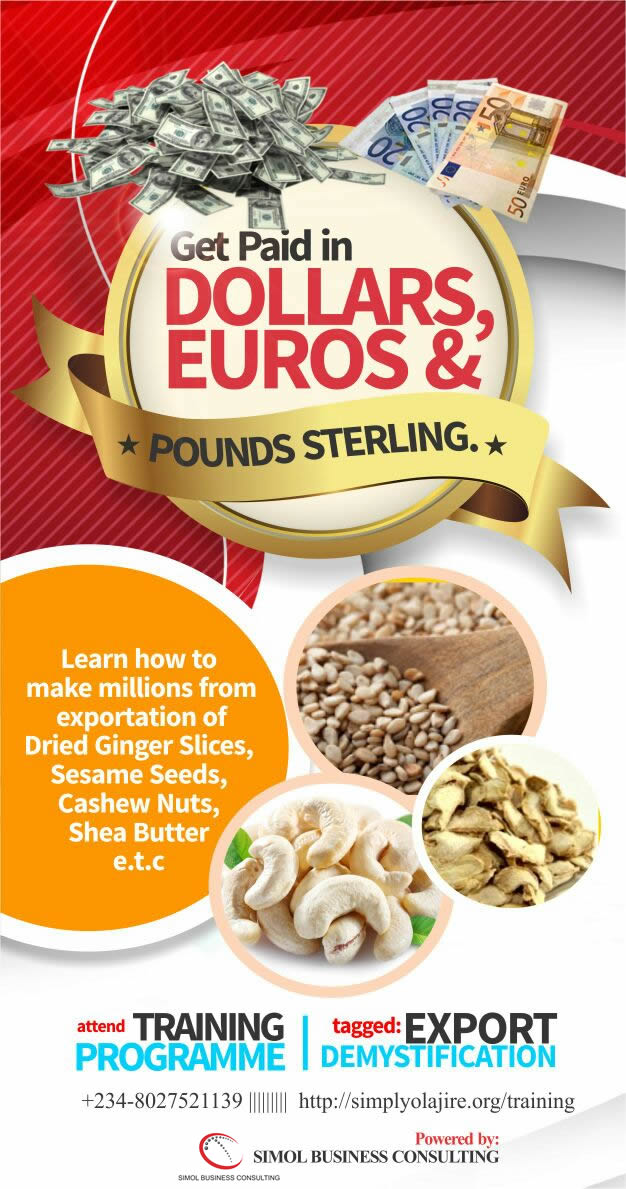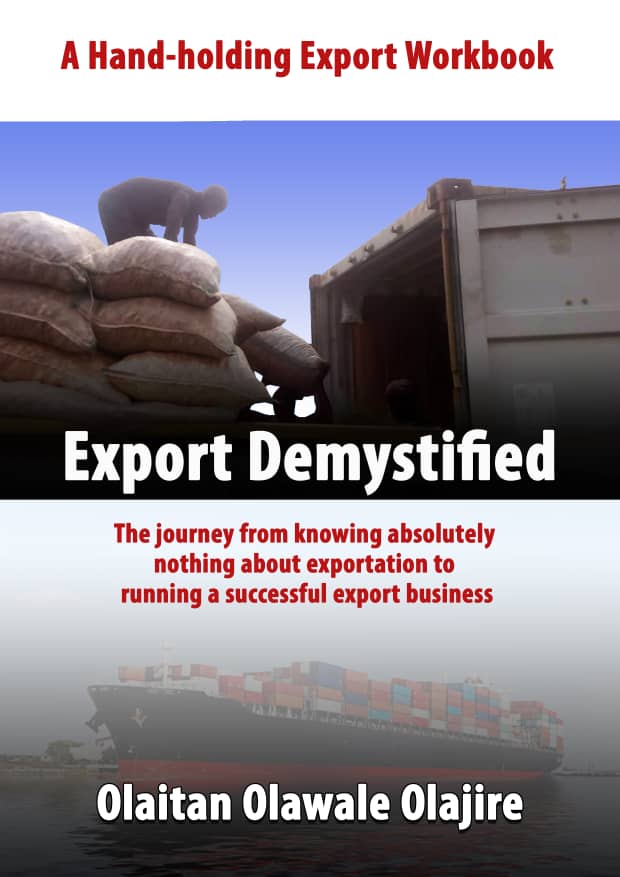
To fully understand the business of exportation of agricultural commodities, it is important to be aware of the different roles played by different stakeholders across the value chain. You will have to deal with virtually all of them- directly or indirectly- if you are to export agricultural commodities. The following are the stakeholder who will have a say on your export business.
- Buyers/Customers/Off-takers
- Brokers
- Farmers
- Local Buying Agents (LBA)
- Suppliers
- Quality Assurance professional
- Warehouse providers
- Government- Local and State- agriculture produce authorities
- Staff- Ad hoc and permanent
- Haulage providers
- Insurance providers
- Forwarder
- Bank
- Warehouse Managers/Warrant officers
- You, the exporter
BUYERS/CUSTOMERS/OFF-TAKERS: There can be no export contract if there is no one willing to pay for the commodities.There has to be someone who would demand for the commodities before an export process can even begin. The off-takers are usually in foreign countries and some particular commodities are common in some countries. Sometimes, however, the buyer may come down to Nigeria and merely engage the services of the exporter to execute the contract. The exporter will supply locally to the buyer who would arrange for how they would be exported. The buyer can, sometimes, even ask the exporter to do the entire process for him but export only through the buyer’s own local company or through an associate. The last two are not really exportation, from the angle of the exporter so it is in the exporter’s interest to insist on doing the entire process themself.
BROKERS: These are people who connect buyers with exporters for a fee, called brokerage commission. The role of a broker is that of an intermediary. Sometimes, there can be more than one broker in an export deal. Either or both parties may be connected through one or more brokers.
FARMERS: Without the farmers, there could be no export. The only reason why there is an export contract is because the farmers have planted trees which produce the agricultural commodities.
LOCAL BUYING AGENTS (LBAs): Only a negligible amount of farmers have the connection to sell directly to exporters. Most can only get their commodities to exporters by, first, selling them to (or through) a commodity supplier. LBAs are the intermediaries between the farmers and the suppliers. Big LBAs, however, have enough clout (money and connection) to know exporters and so sell directly to them. Big LBAs would buy the commodities from the farmers and re-sell, at a profit, to a supplier or an exporter. Those who do not have the money to pay the farmers may agree a price with the farmer and then link the farmer with a supplier. The LBAs are extremely key in export business. Many of them sort out the particular specification required by the exporter or supplier by buying or gathering from different farmers and sorting the commodities accordingly.
COMMODITY SUPPLIERS: These set of people have their warehouses at strategic locations and engage several LBAs to comb the farmlands for commodities that meets particular specifications. Many of them were themselves, LBAs who became big. These suppliers are not exporters but they are large enough to attract exporters, who usually would not be interested in dealing directly with the farmers.
QUALITY ASSURANCE PROFESSIONAL: These set of people are vital to ensuring that the exporter buys and export the right specifications. Their duty is to conduct test on the commodities to be bough to determine quality. At the point of purchase, their results help exporters know the exact quality of the commodities, the maximum amount that should be paid for the lot and the right preparation to give the commodity upon purchase. At the point of export, their results help the exporter know whether the final commodities meet with the targeted specification.
of export, their results help the exporter know whether the final commodities meet with the targeted specification.
WAREHOUSE PROVIDERS: The exporter has to find a good place to keep his stock for further preparation, sorting, storage, preservation and security. That is where the owners of warehouses come in. The exporter has the choice to either lease the entire warehouse for a stated period of time or a portion of the warehouse.
GOVERNMENT-LOCAL AND STATE: The government also has a stake in export. For one, there are local government and state authorities which oversee the quality and movement of agriculture commodities. These bodies also impose certain fees and rates on the produce which is commonly called produce.
STAFF- AD HOC AND PERMANENT: No exporter can successfully execute an export contract alone. There is the need to have your staff on ground to oversee, record, monitor and do certain tasks important to the success of such execution. Other staff are, most likely, going to be required too on an ad hoc basis, depending on the size of the export company or/and the size of the export contract for things like loading and offloading commodities to/from trucks, drying, scaling, sowing, carrying the processed commodities etc.
HAULAGE PROVIDERS: The commodities need to be moved from place to place. First, from the farmer/LBA/supplier’s location to the exporter’s own warehouse. Secondly, from the warehouse to the port, or a warehouse close to the port. There are companies or individuals who render these trucking services and obtaining the right ones is key in any export business.
INSURANCE PROVIDER: Exportation is a business that costs a lot of money. It is important that you do your part to secure your money. Many of the agricultural commodities are sourced from the North and transported to Lagos where they are shipped out of the country. It is important to protect your investment by ensuring that you do an insurance cover for your commodity. Goods-in-transit insurance should be made to protect your commodity when you are transporting them. Also, you should ensure that you insure your warehouse too.
FORWARDER: The forwarder is a key person in the export chain. He is a specialized agent who interfaces between the exporter and the shipping line, customs and other governmental agencies. There are certain procedures that must be complied with before the exporter can be allowed to put his commodities on a vessel. The job of the forwarder is to act as the exporter’s agent and make sure the right things are done. Get a bad forwarder and all your good works before then may come to ruins. It is vital to choose the right exporter if you want to have a happy ending.
BANK: Banks are important for more than one reason. Apart from the traditional usefulness of giving loans, the banks are also important to the process because they act as interface between the buyer and the exporter when Letter of Credit (LC) is the means of payment. They would have to liase with the buyer’s bank for a fee. Also, they help the Federal Government in the collection and monitoring of NXP fees.
WAREHOUSE MANAGERS/WARRANT OFFICERS: The crux of their duties is that they help financial houses, especially the bank, monitor the activities of the exporter to ensure that the exporter truly uses the loan advance from the financial house to purchase the commodities as agreed. Sometimes, they could take the lead by paying for the commodities and then monitoring the exporter to ensure repayment of their monies and interest.
THE EXPORTER (YOU): You are, of course, a key part of the entire process as nothing can go on without you. You have to know what you are doing ifyou intend to have a successful business. You have to ensure that you build the right team around you and that you have a good understanding of the entire process. The success or failure of the entire process will, ultimately, lie with you.


